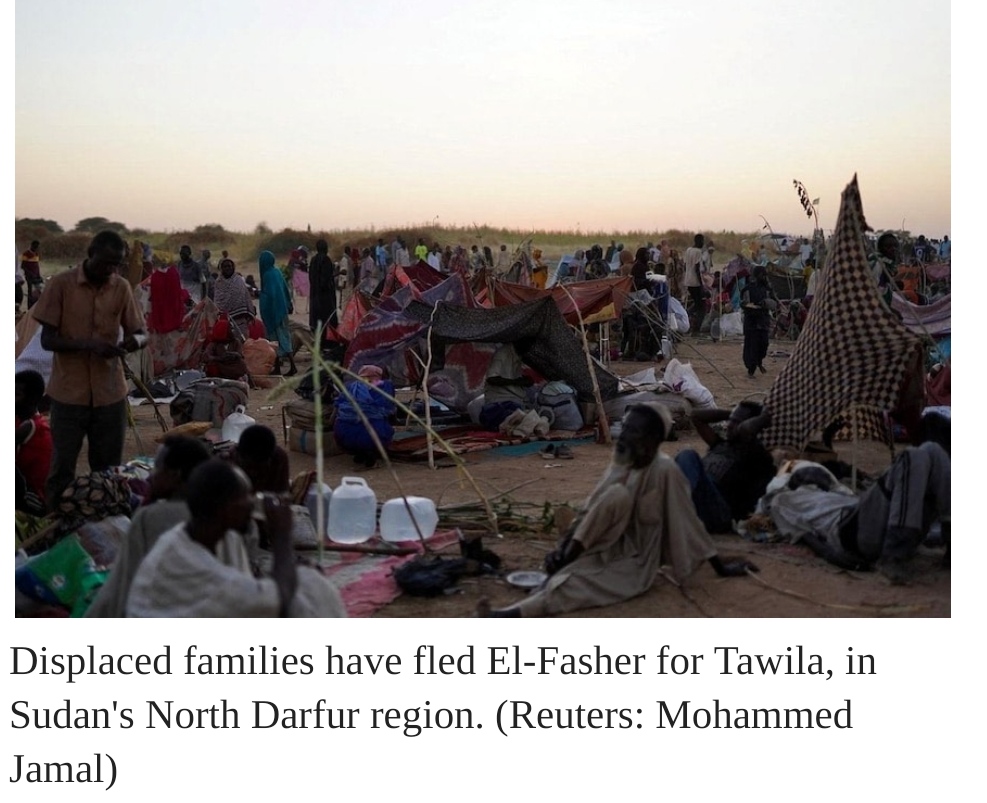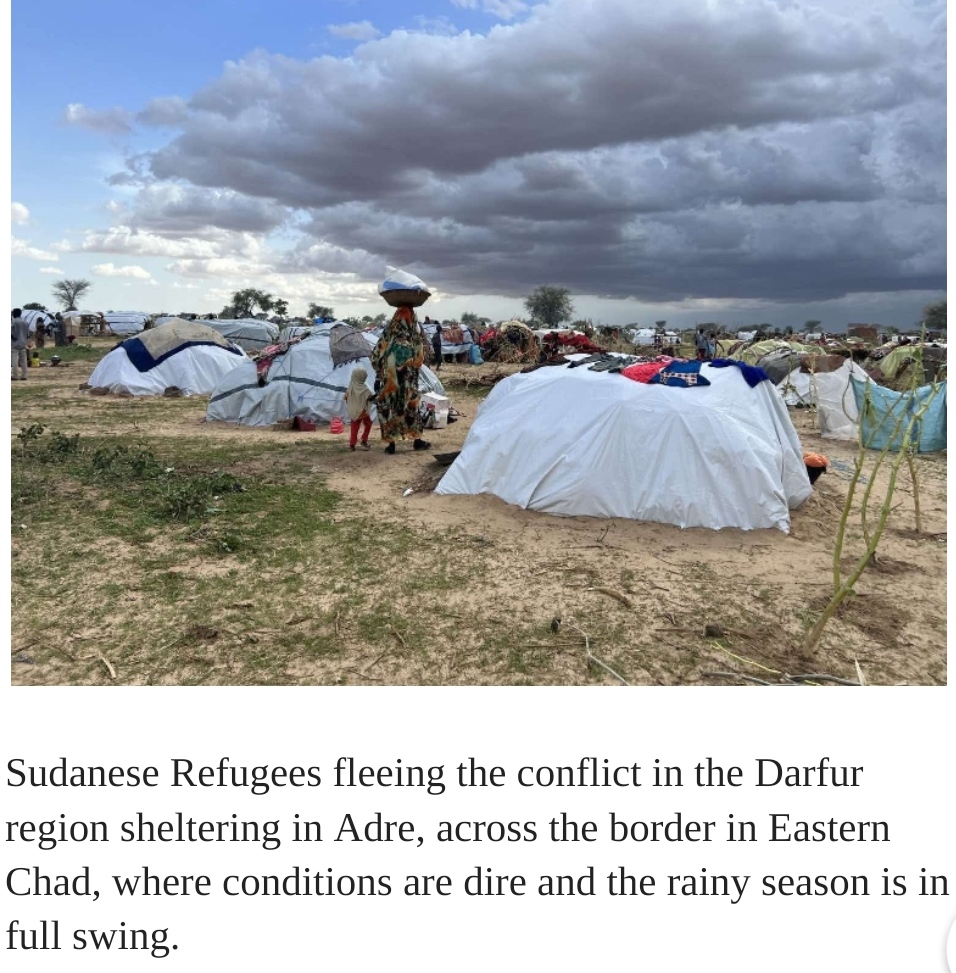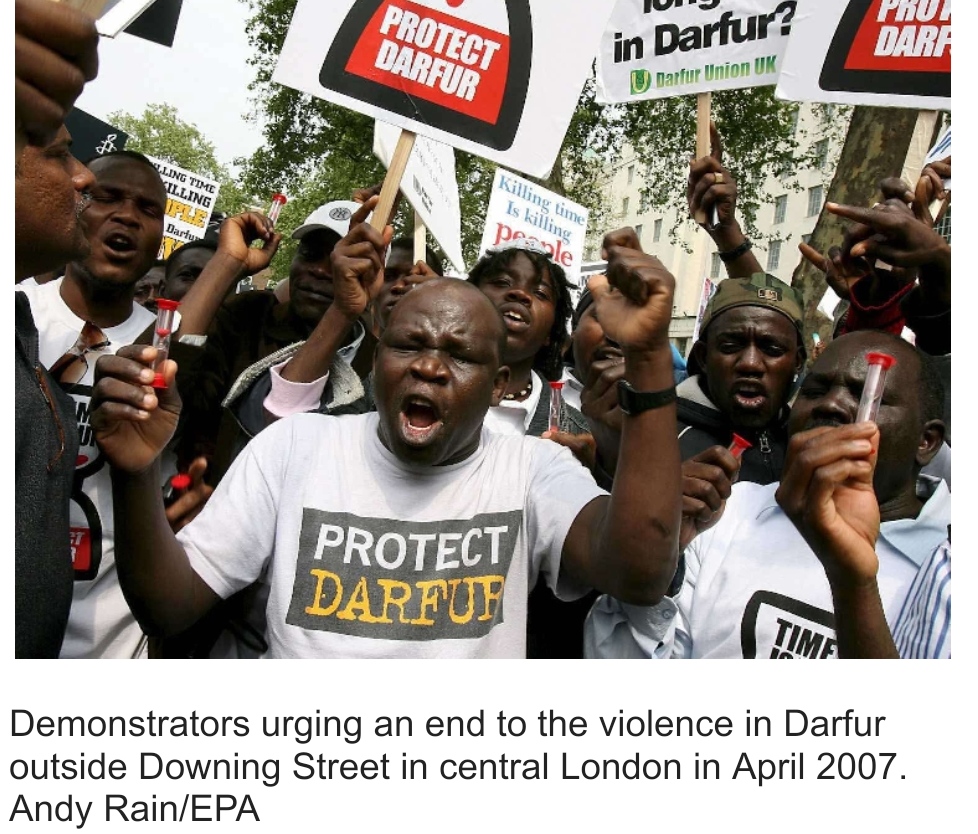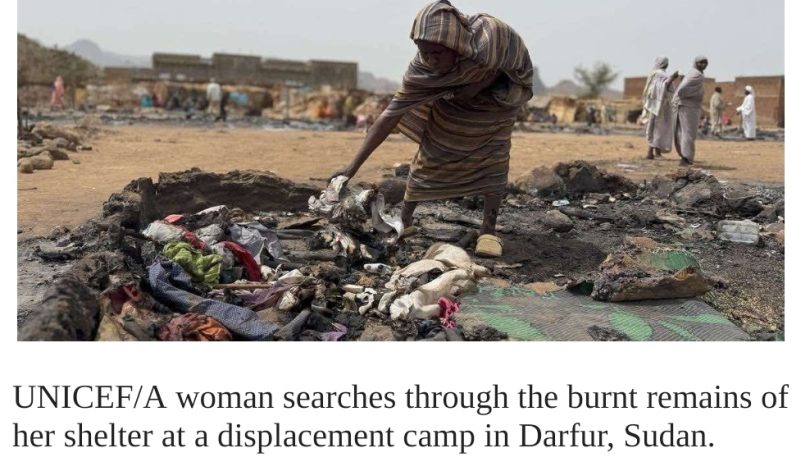The armed conflict in El Fasher, the capital of North Darfur state in Sudan, has reached a new and alarming level of violence, with credible reports indicating that the paramilitary Rapid Support Forces (RSF), killed at least 1,500 civilians after seizing the city from the Sudanese Armed Forces.
The situation in Sudan’s Darfur region has taken a devastating turn, with reports emerging of mass killings, sexual assaults, and widespread destruction in the city of El Fasher. The Rapid Support Forces (RSF), a paramilitary group, captured the city on October 26, marking a significant victory in their two-and-a-half-year war with the Sudanese army.
Eyewitnesses describe scenes of unimaginable brutality, with civilians shot in the streets, targeted in drone strikes, and crushed by trucks. The World Health Organization (WHO) estimates that over 450 people were killed in the Saudi Hospital alone, with many more injured or missing.

According to multiple humanitarian and monitoring groups, these deaths are part of what is described as a “deliberate and systematic campaign of killing and extermination.” The capture of El Fasher, following an 18-month siege, signals nearly full RSF control of the Darfur region and escalates fears of mass atrocities reminiscent of earlier phases of the Darfur conflict
The United Nations human rights chief, Volker Türk, has condemned the atrocities, stating that “traumatized civilians are still trapped inside El Fasher and are being prevented from leaving.” The UN has received “horrendous accounts of summary executions, mass killings, rapes, attacks against humanitarian workers, looting, abductions, and forced displacement.”
As many as 200,000 people may still be trapped inside El Fasher, with limited access to food, water, and medical care. Over 89,000 people have fled the city and surrounding areas, with many arriving in Tawila, a town already overwhelmed by displaced persons.

Key Details and Humanitarian Impact
Satellite imagery analyzed by the Yale Humanitarian Research Lab shows clusters of objects consistent with human bodies and extensive ground discoloration around El Fasher, supporting witness accounts of extrajudicial killings.
•Medical groups cite the death toll in the city as being at least 2,000 since the RSF takeover.
• The RSF have reportedly committed house-to-house raids, executions of civilians along escape routes, attacks on hospitals, and widespread sexual violence, especially targeting non-Arab communities.
• The World Health Organization reports an attack on a maternity hospital in El Fasher that claimed at least 460 lives.
• An estimated 14 million people have been internally displaced across Sudan, making this the world’s largest displacement crisis.
• The United Nations Security Council (“UNSC”) issued a press statement condemning the assault, warning of the “heightened risk of large-scale atrocities, including ethnically motivated killings,” and demanding all parties to protect civilians and guarantee unhindered humanitarian access.
Political & Strategic Implications
The fall of El Fasher represents a strategic and symbolic victory for the RSF, eliminating the last major SAF-held urban center in Darfur. Analysts warn this development may accelerate the fragmentation of Sudan or provoke further regional destabilization.
The RSF’s leader, Mohamed Hamdan Dagalo, publicly stated that national unity would be achieved “by peace or by war” atop the RSF’s recent successes.
Call to Action
The humanitarian crisis in Sudan is now acute. According to the WHO, two-thirds of major hospitals are out of service, and millions face hunger, disease and displacement.
The international community is calling for an immediate cessation of hostilities and unhindered humanitarian access. The UN Human Rights Council has announced an emergency session on November 14 to address the situation in El Fasher. Meanwhile, calls are intensifying for accountability, sanctions, and an international arms embargo as humanitarian conditions deteriorate rapidly.
The conflict in Sudan has resulted in tens of thousands of deaths, displaced millions, and pushed the country to the brink of famine. The situation in El Fasher is a stark reminder of the urgent need for a peaceful resolution to the conflict and accountability for those responsible for the atrocities.

The voices of survivors and frontline humanitarian actors illustrate a crisis that cannot wait. Lives are being lost, families torn apart, and entire communities displaced. The world must not stand by in silence.
Written by Mohaj Salaheldin, Consultant, Humanitarian and Freelance journalist








